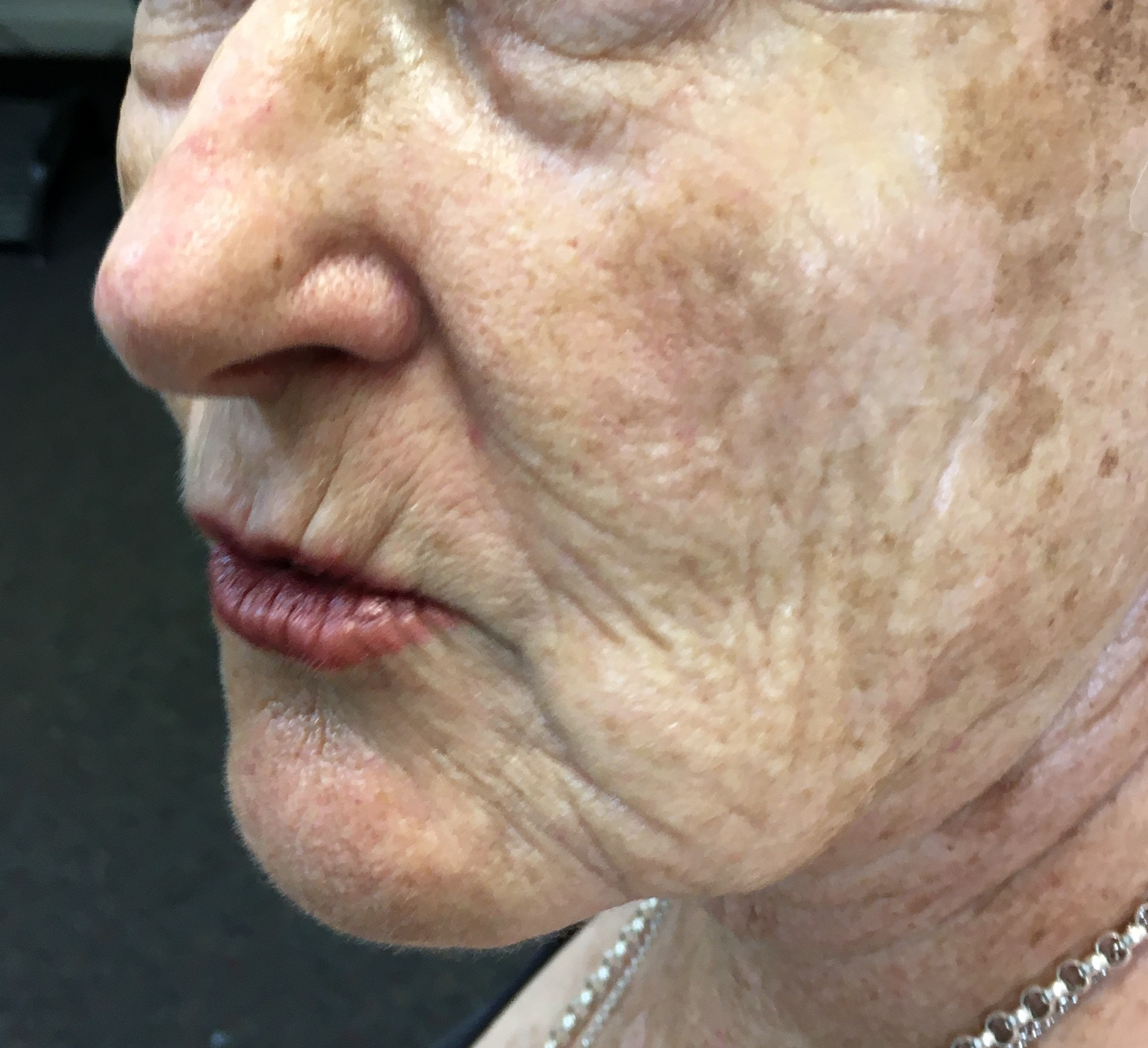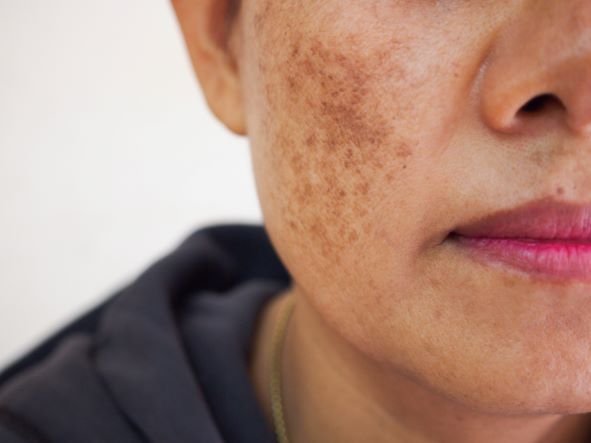
Pigmentation
Skin pigmentation and hyperpigmentation
Skin pigmentation refers to the coloration of the skin, which is determined by the production and distribution of melanin, a pigment responsible for giving colour to the skin, hair and eyes. While variations in skin pigmentation are normal and natural, certain conditions can cause marked irregularities in pigmentation, leading to obvious dark spots or dark patches of skin.
Hyperpigmentation refers to the areas of the skin that are darker than the surrounding skin due to an excess of melanin. This can occur due to various factors, including sun exposure, hormonal changes (such as melasma), post-inflammatory response (after acne, injury, or inflammation), or genetic predisposition.
There are several treatment options available to address skin pigmentation concerns and even out skin tone.
Skin Pigmentation Treatment
Topical creams and serums: Various topical products containing ingredients such as retinoids, azelaic acid, kojic acid, vitamin C, or niacinamide can help reduce hyperpigmentation by inhibiting melanin production, suppressing the distribution of melanin from the cells where it is made and promoting exfoliation to shed pigment cells and even out skin tone. These products are typically available over the counter.
Chemical peels: Chemical peels involve the application of a chemical solution to the skin, which removes the outer layer and reveals fresher, more even-toned skin underneath. Chemical peels can be followed by at home applications of creams containing ingredients that promote cell turnover inhibit further pigmentation.
Prescription medications: In certain cases, prescription-strength medications, such as retinoids, or hydroquinone, may be recommended to treat specific forms of hyperpigmentation or underlying conditions contributing to pigmentation concerns. All prescription-strength formulations that should be used under the guidance of an experienced medical practitioner due to the need for proper monitoring to avoid potential side effects.
What else do I need to know?
It's important to note that the effectiveness of treatment options for skin pigmentation can vary depending on the underlying cause, and severity. It's recommended to consult with an experienced medical practitioner who can assess your specific pigmentation concerns and recommend the most suitable treatment plan for you and can refer onto a dermatologist If needed.



